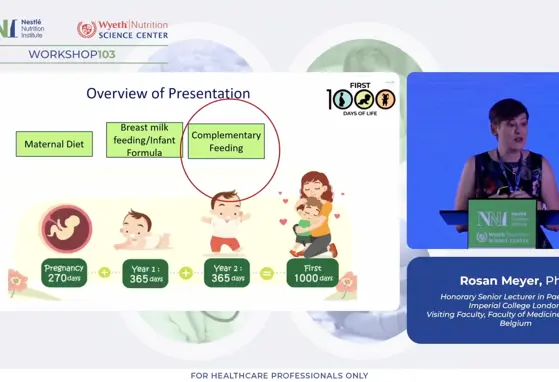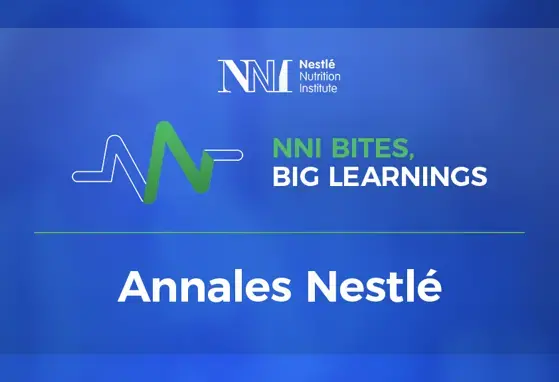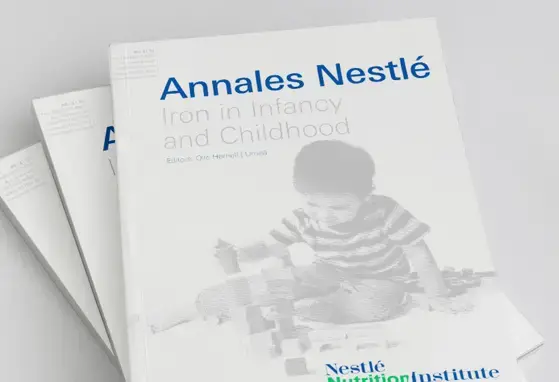Long-term effects of hydrolyzed formulae on atopic diseases in the GINI study – 20 years follow up
Prevention of allergic disease in children has been on the agenda for many decades. Although several studies have been performed in the last 3 decades with both types of hydrolyzed formulae (extensively and partially hydrolyzed) with regard to their ability to prevent allergic diseases, the most important findings derive from the German Infant Nutritional Intervention study (GINI). The GINI study is by far the largest study in the field of allergy prevention with hydrolysates and the study with the longest follow-up (up to now until 20 years)
The GINI study allows evaluation of long-term effects of hydrolyzed formulae on allergic diseases in high-risk children. The recent publication of the GINI study results at the 20-year follow-up evaluates the long-term effects of hydrolyzed formulae on allergic diseases in at risk children. More than 50% of the study participants were included in the follow-up. prospective, randomized, double-blind (until 3 years),
GINI trial participants received one of four formulas in the first four months of life as breastmilk substitute if necessary: partial or extensive whey hydrolyzate (pHF-W, eHF-W), extensive casein hydrolyzate (eHF-C) or standard cow´s milk formula (CMF) as reference. Associations between these formulas and the cumulative incidence and prevalence of parent reported physician-diagnosed asthma, allergic rhinitis (AR) and eczema, as well as spirometric indices and sensitization, were examined using generalized linear models. GINI study were eenrolled between 1995 and 1998 (n = 2252)
In the GINI study 20 years rfollow-up, both eHF-C and pHF-W reduced prevalence of asthma after puberty in an at risk population and retained their effect on eczema until adulthood without rebound while eHF-W did not support the idea of preventive effects.
The findings confirm the concept that early nutritional intervention with certain hydrolyzed formulae, if exclusive breastfeeding is not feasible, has a preventive effect until adulthood for both eczema and allergic airway manifestation. However, they also underline that hydrolyzed formulas have different preventive potential, and that for the purpose of prevention only formulas should be used which have demonstrated their preventive potential in controlled clinical trials.
Reference : Gappa M, Filipiak-Pittroff B, Libuda L, et al. Long-term effects of hydrolyzed formulae on atopic diseases in the GINI study. Allergy. 2020;00:1–5.
If you liked this post you may also like

Navigating Allergies: The Role of Complementary Feeding in Food Allergy Prevention

Agnes Leung - Prevention of Food Allergy: Harmonizing Perspectives from the East and West - Annales Nestlé - Episode 15

Feeding Practices in the Introduction of Complementary Feeding and Implications for Future Healthy Eating

Prevention of Food Allergy: Harmonizing Perspectives from the East and West